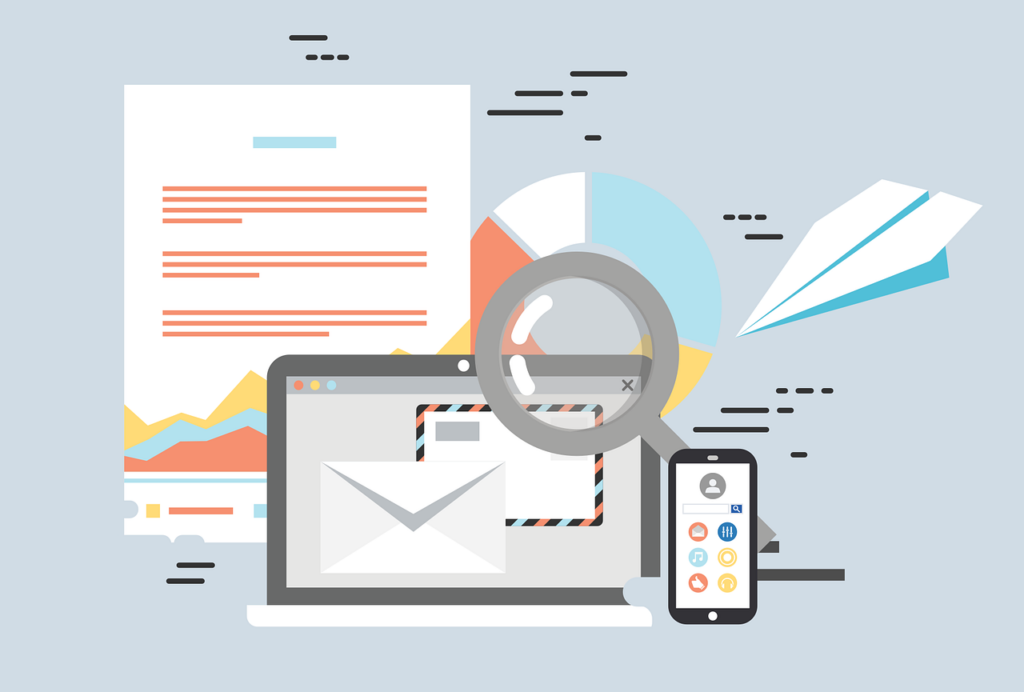What is Omnichannel and how does it work?
Omnichannel, Product
Omnichannel refers to business approaches that leverage the advantages of multiple communication channels to carry out commercial operations, provide customer service, and offer contact points with customers and prospects.
Characteristics of an omnichannel strategy:
- Department Collaboration: Having an omnichannel platform doesn’t just create a seamless experience for your client, but also makes sure that your internal communication doesn’t get lost along the way. No platform jumping or calls to managers to get the full story. A good Omnichannel platform will give the team everything they need to know about a customer with just a few clicks.
- Communication is consistent across all media: Although companies may use different means to gather information and establish contact with customers, such as email, phone lines, instant messaging platforms, or social media, the integrated approach of omnichannel strategies provides all these communication channels to customers, but presents the same information consistently across all of them.
- Possesses comprehensive databases: With the omnichannel strategy, it’s possible to create a database that includes every communication channel. Through the use of complex computer systems, companies can generate databases that store information from social networks or customer browsing and purchase histories. These channels share all this information.
- Utilizes communication technologies to store and access information: In the past, commercial operations were carried out between individuals on an individual basis and, in some cases, in person, so every time someone visited a store or requested information over the phone, they had to explain their needs to the salesperson, regardless of whether they had previously communicated. Nowadays, something similar happens if people receive feedback on some social networks but not on the website. On the contrary, the omnichannel approach exploits the advantages of communication technologies to store information in large databases that can be accessed from any channel available to the company. Thus, it doesn’t matter if a customer is assisted by a sales manager or customer service personnel, or if they have communicated through another medium previously. Invariably, the company’s staff will have access to all the information gathered in previous communications with the consumer, whether they were conducted by phone, email, social media, or in person.
Benefits of implementing an omnichannel strategy
- Customer loyalty: A good user experience is the central characteristic of an omnichannel plan. The goal is customer satisfaction through understanding their needs, preferences, and expectations, allowing the creation of specific products, services, and offers.
- Brand reputation: A positive customer experience improves brand perception and positioning in the consumer’s mind, resulting in positive effects on sales and conversions.
- Competitive differentiation: An omnichannel strategy creates a unique ecosystem for each company, making it difficult for competitors to replicate at a structural level.
- Increased performance: Actions aimed at optimizing organization, in addition to providing a better user experience, positively affect business performance and resource optimization.
- More information and communication: Provides better information on stock and optimizes its management. Improves internal communication processes within the company and minimizes incorrect forecasts.
All this aside, think about how you organize things in your personal life. Would you want paper piles all over your desk, or a digital system where you could easily find what you’re looking for? Omnichannel is not only great at managing your leads, but also keeping everyone in your team on the same page.



